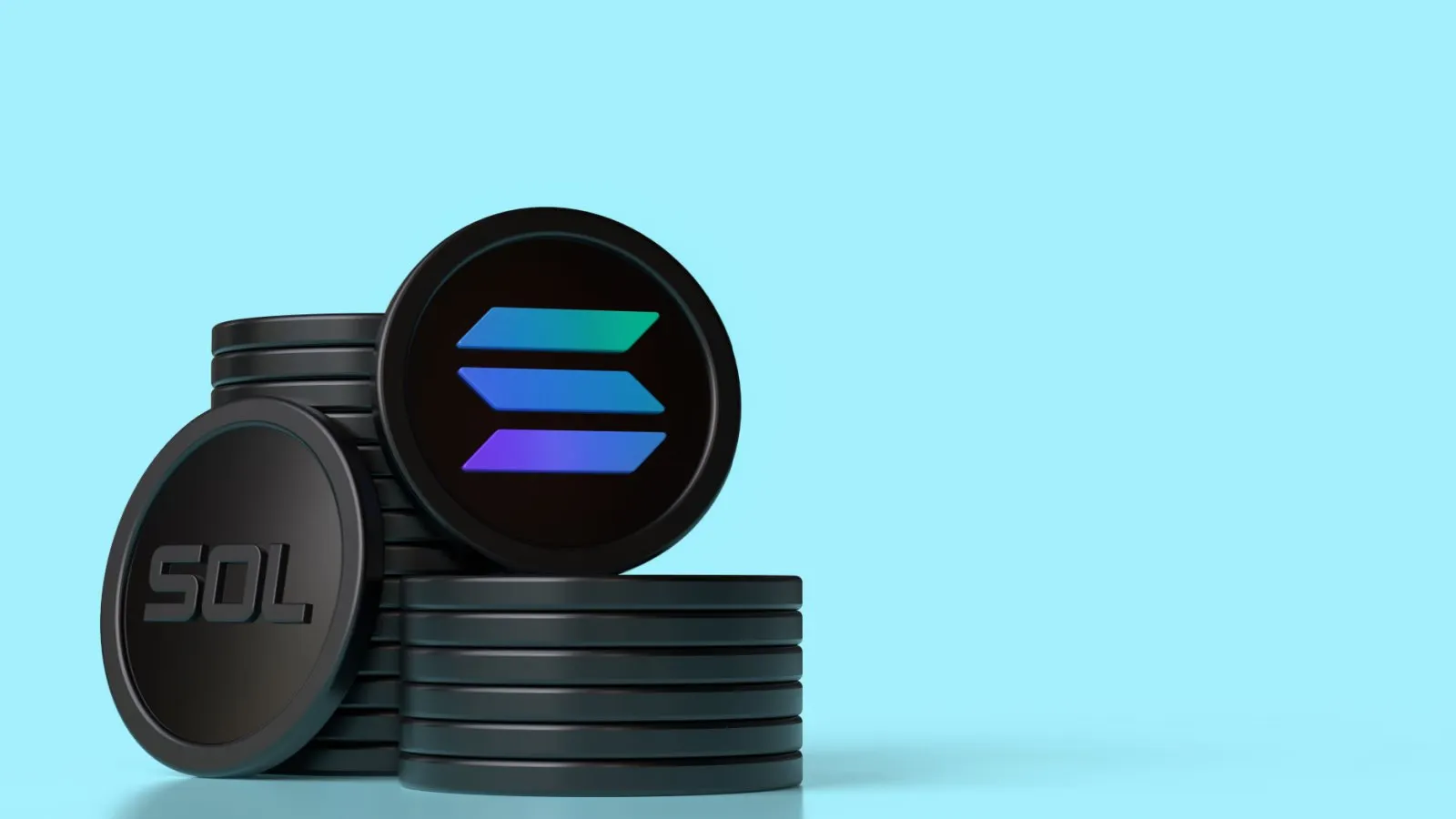Solana validators will receive additional fees after a proposal passed with 78% support on Monday. The author and supporters say it will secure the integrity of the network, but one validator says it's an incomplete solution.
The SIMD-0096 proposal is a shift away from the old model that used to burn half of the optional priority fee that users could pay to speed up their transactions on Solana. Now 100% of that fee will be rewarded to validators.
“We voted no,” a spokesperson from Solana validator Orangefin Ventures told Decrypt. “The reason we voted no was because we want SIMD-0096 to go out with SIMD-0123 so that validators could distribute the priority fees to stakers in-protocol.”
SIMD-0123 would allow validators to easily distribute the fees collected from priority fees to those who delegated their staked SOL to them. Without passing SIMD-0123 in tandem with SIMD-0096, validators will have to manually reward stakers using methods like airdrops—adding more labor than needed, the spokesperson said.
But Tao Stones, the proposal creator, claimed that the old model “does not fully align with validator incentives and inadvertently encourages side deals.”
According to CoinGecko, Solana’s price has increased 2% to $169.29 over the past 24 hours in the wake of the proposal approval. In the past 24 hours, users have spent $1.9 million on Solana fees, according to DeFi Llama.
“This ensures that validators are appropriately incentivized to prioritize network security and efficiency, rather than being incentivized to engage in potentially detrimental side deals,” Tao Stones explained in the proposal.
The vote concluded with just over half of the stake participating, passing with 77.77% voting for YES. The proposal has now been put into action.
While the recently passed proposal may see an increase in security for the layer-1 blockchain, some have raised concerns that this will increase inflation due to 50% of fees no longer being burned.
“Not essentially stealing a deflation aspect people bought into Solana for, every user will suffer with higher inflation,” Solana forum user, FreedomFighter, said on the proposal. “[It] doesn't matter how much you undermine the amounts, it still remains a fact.”
However, those who voted for the proposal seem to believe that the removal of this burn function will not “significantly impact inflation figures,” as user Denysk said. This is particularly the case as a burn mechanism will continue to exist for “normal” network fees, due to SIMD-0096 only applying to priority fees.
Edited by Stacy Elliott.

